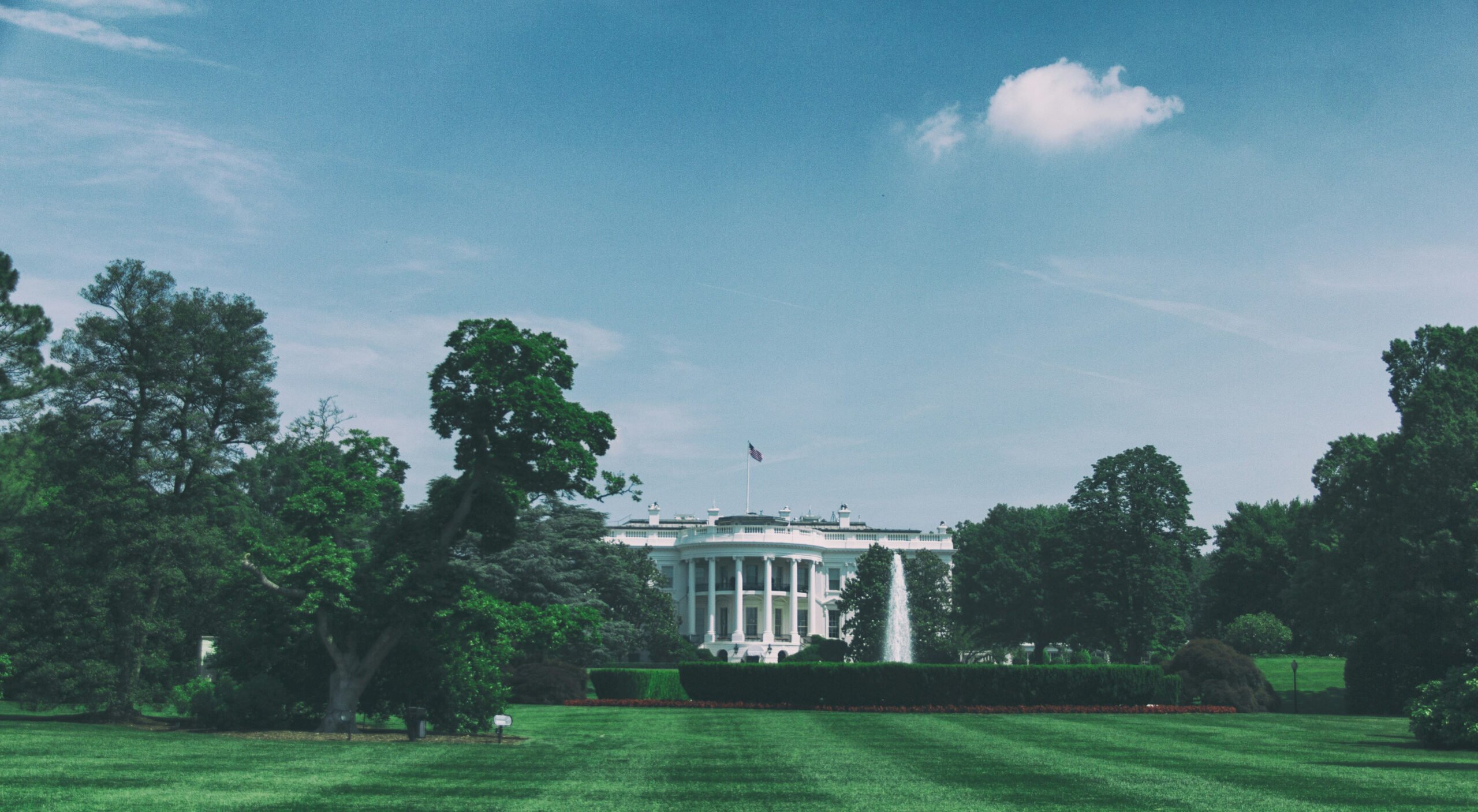Federal AI De-Regulation Begins With Day One of Trump Administration

As expected in Taft’s previous bulletin, shortly after taking the oath of office on Jan. 20, 2025, President Trump revoked a 2023 executive order aimed at reducing risks that artificial intelligence (AI) poses to the United States (the 2023 AI Order). The 2023 AI Order required developers of high risk AI systems to share the results of safety tests with the U.S. government, in accordance with the Defense Production Act, before being released to the public. High risk AI systems were defined as those posing risks to U.S. national security, public health, and the economy.
The 2023 AI Order also required federal agencies to set standards for safety testing. Specifically, it required agencies to conduct risk assessment standardizations relating to AI usage that impacts chemical, biological, radiological, nuclear, and cybersecurity risks. Such standards were planned to be regulated under the to-be-created US AI Safety Institute, which would have been housed under the Commerce Department. The US AI Safety Institute would then create voluntary guidelines and best practices for AI use outside of regulated areas.
Although President Trump did not indicate whether the 2023 AI Order would be replaced with alternative regulation, expectations remain that more repeals are forthcoming. For example, the October 2022 “US AI Bill of Rights” has been removed from the White House website. In addition, Executive Order 13960 (Promoting the Use of Trustworthy Artificial Intelligence in the Federal Government) may likely be on the chopping block, along with reduced federal oversight on AI ethics and transparency.
President Trump’s repeal of the 2023 AI Order is not surprising. Indeed, President Trump is widely expected to de-regulate many governmental oversight activities with respect to AI as technology companies lobby for a less restrictive corporate environment. Regardless, state regulatory efforts do not appear to be slowing down, with Colorado, Utah, and Tennessee enforcing separate and independent legislation that addresses AI in different ways. In addition, due to its extraterritorial scope, the European Union’s Artificial Intelligence Act will ultimately regulate U.S. businesses developing and deploying AI systems for use in the EU as regulators begin enforcement actions. Accordingly, U.S. businesses should proceed with mindful consideration of non-federal regulations that may govern AI development and usage.
In This Article
You May Also Like
Office of Management and Budget Release AI Procurement and Acquisition AI Blind Spot: Is the Board Exposing the Company to Uninsured AI Risks?